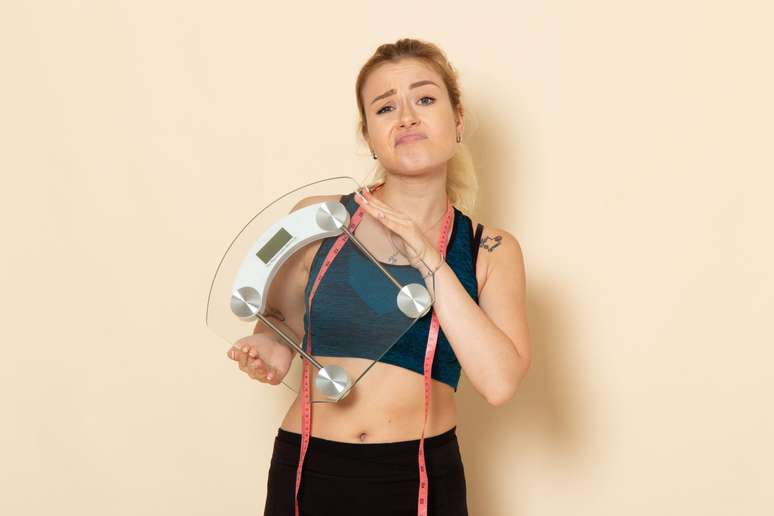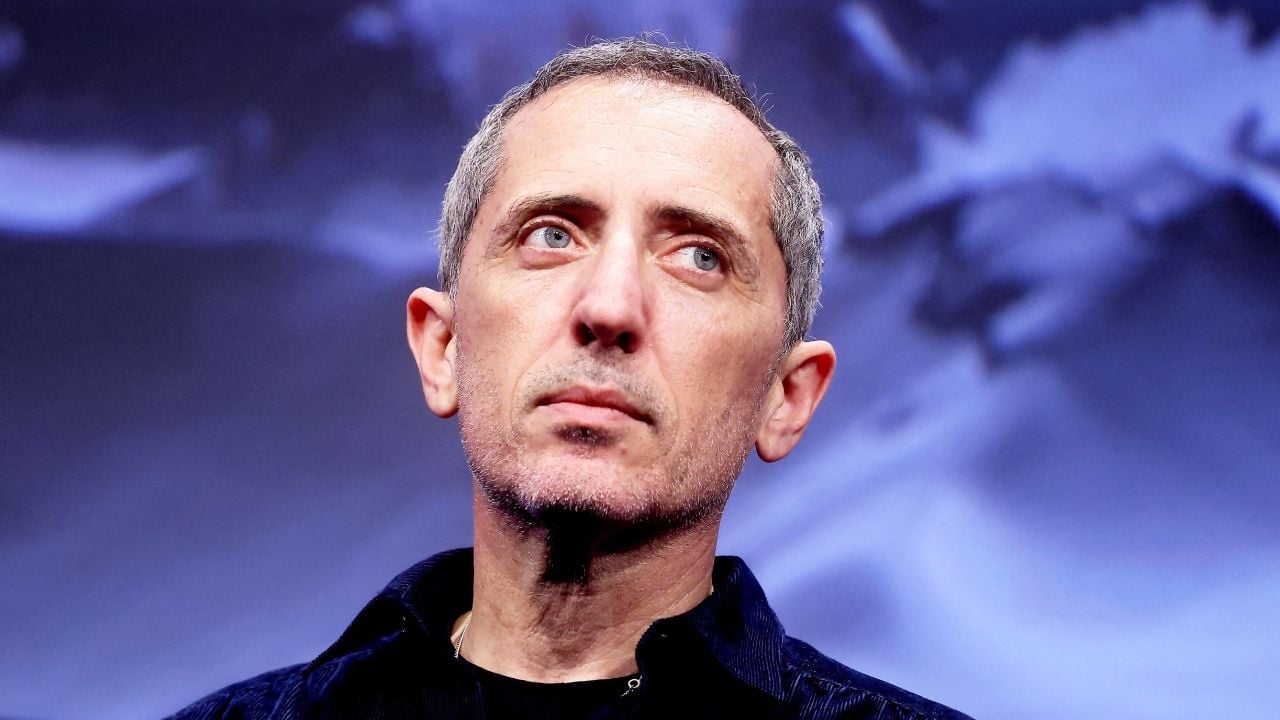Experts say each case must be analyzed individually, but the heart problem is usually not an obstacle.
This was revealed by the Minister of Sport of Uruguay, Sebastián Bauzá Juan Izquierdofrom Nacional-URU, he had already suffered from cardiac arrhythmia ten years agoInternet users began to speculate whether his career as a professional athlete could pose health risks to the defender. The player had a new arrhythmia last Thursday, 22, he fainted during a football match and has a “critical neurological condition”breathing through mechanical ventilation.
According to Fábio Botelho, cardiologist arrhythmologist at Syrian-Liban Hospital In Brasilia, the fact that the Uruguayan had suffered from arrhythmia as a youth would not necessarily have been an obstacle to his career.
“Arrhythmias that prevent sports and physical activity are rare,” he says. Even some of the arrhythmias that might be considered a hindrance currently have treatment, according to the doctor.
However, there are cases where the risk of the condition may lead doctors to prohibit physical exercise until definitive treatment is performed.
According to Bauzá, Izquierdo underwent tests that identified an arrhythmia when he was still 17 and playing for Atlético Cerro. The secretary did not comment on the details of the heart problem detected at the time.
“There is no way to know what arrhythmia he had in the past, but it is most likely a different arrhythmia than the one presented in this episode. (recent)“, analyzes the cardiologist.
Botelho said Izquierdo’s recent arrhythmia likely affected the ventricles, the lower part of the heart. Although less common, this type of arrhythmia poses a greater risk because it can lead to cardiac arrest.
This is what happened to the player. The defender was taken from the MorumBis stadium still conscious, but upon his arrival at the stadium he suffered a cardiac arrest. Albert Einstein Israelite Hospital and needed to be revived.
“It could have been an arrhythmia that reduced the blood flow to the heart, causing cardiac arrest and reduced circulation to the brain,” analyzes cardiologist Flávio Cure, coordinator of the Study Center of the Copa Star Hospital, of Rede D’Or.
According to Carlos Duarte, a cardiologist electrophysiologist and member of the Brazilian Society of Cardiac Arrhythmias (Sobrac), the type of arrhythmia that affected Izquierdo can be fatal, so it can happen to people who have no history of heart problems. However, he emphasizes that each case must be monitored by a specialized doctor.
“Every time we have a heart problem, the likelihood of having serious arrhythmias increases. (But) This risk stratification is done periodically to free the athlete and the doctor determines the level of exercise intensity that the athlete can reach,” explains Duarte.
Cardiac arrhythmia and exercise
Experts remind that monitoring with a cardiologist before the practice physical activities It is necessary for everyone. In this process, the professional will perform tests to check if there is a risk of arrhythmia or other cardiovascular diseases that could harm your health during exercise.
If the person has already suffered from an arrhythmia, this monitoring is even more specific and aims to ensure the patient’s safety so that he or she can continue to move. “Physical exercise brings more benefits than harm,” emphasizes Duarte, a specialist at Sobrac.
Botelho also says it’s important for healthy people to exercise regularly. “It’s now known that people who exercise irregularly, the ‘weekend athletes,’ tend to have a higher risk of sudden death. So anyone who is going to exercise should ideally do so regularly,” he advises.
Source: Terra
Ben Stock is a lifestyle journalist and author at Gossipify. He writes about topics such as health, wellness, travel, food and home decor. He provides practical advice and inspiration to improve well-being, keeps readers up to date with latest lifestyle news and trends, known for his engaging writing style, in-depth analysis and unique perspectives.






-t84500vauzw7.png)


